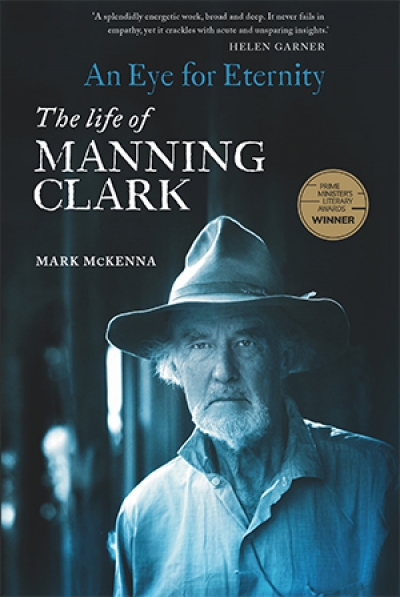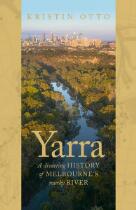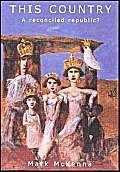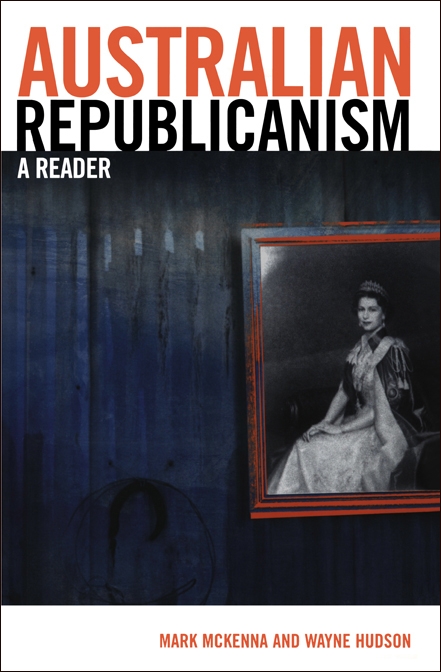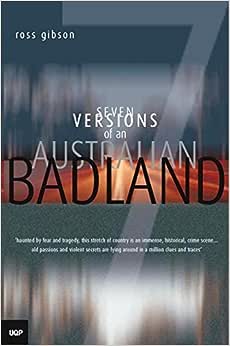Mark McKenna
Film | Theatre | Art | Opera | Music | Television | Festivals
Welcome to ABR Arts, home to some of Australia's best arts journalism. We review film, theatre, opera, music, television, art exhibitions – and more. To read ABR Arts articles in full, subscribe to ABR or take out an ABR Arts subscription. Both packages give full access to our arts reviews the moment they are published online and to our extensive arts archive.
Meanwhile, the ABR Arts e-newsletter, published every second Tuesday, will keep you up-to-date as to our recent arts reviews.
Recent reviews
Books of the Year is always one our most popular features. Find out what our 41 contributors liked most this year – and why.
... (read more)The Europeans in Australia: Volume 3: Nation by Alan Atkinson
by Mark McKenna •
An Eye for Eternity: The Life of Manning Clark by Mark McKenna
by Norman Etherington •
What’s wrong with Anzac? The militarisation of Australian history by Marilyn Lake and Henry Reynolds (with Mark McKenna and Joy Damousi)
by Robin Prior •
Yarra by Kristin Otto & The Vision Splendid by Richard Waterhouse
by Mark McKenna •
Australian Republicanism: A reader by Mark McKenna and Wayne Hudson
by Guy Rundle •
Seven Versions of An Australian Badland by Ross Gibson & Looking For Blackfellas’ Point by Mark McKenna
by Lyndall Ryan •


